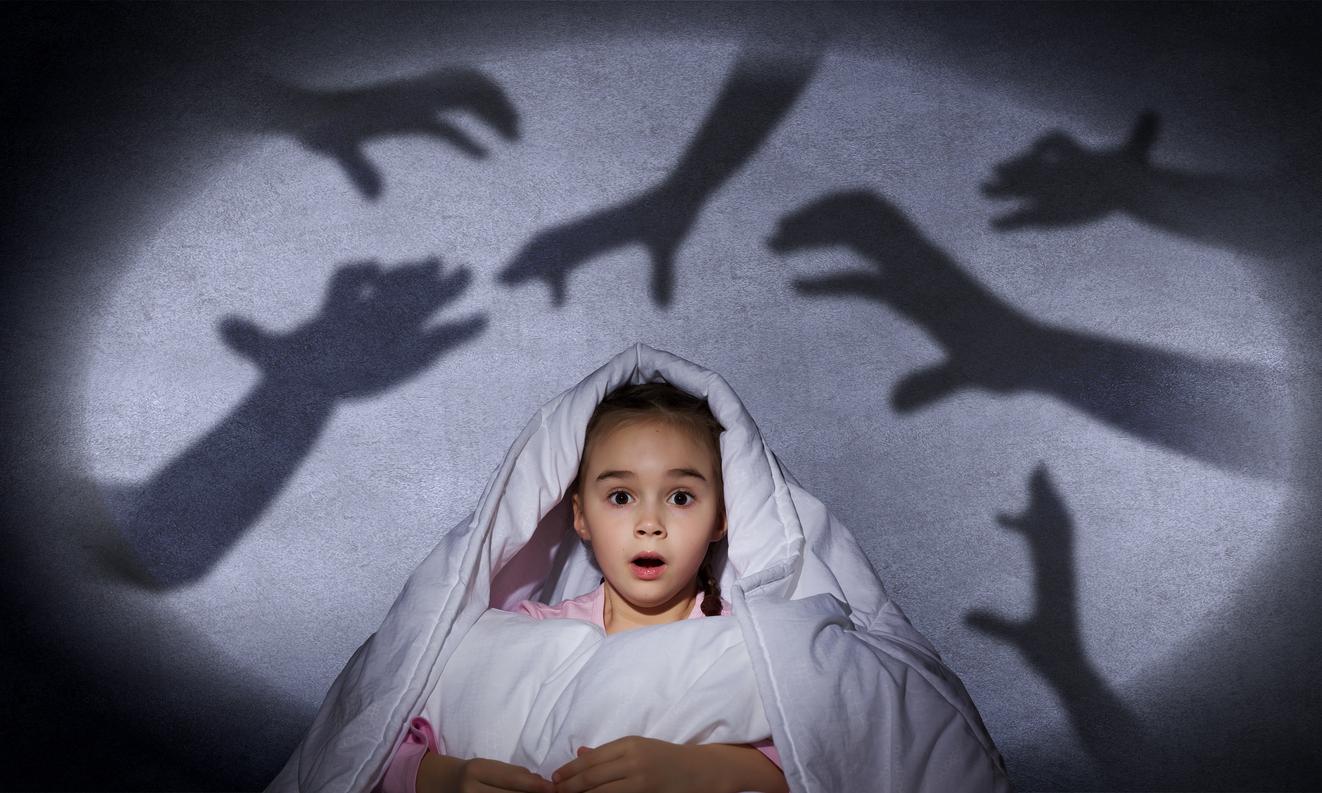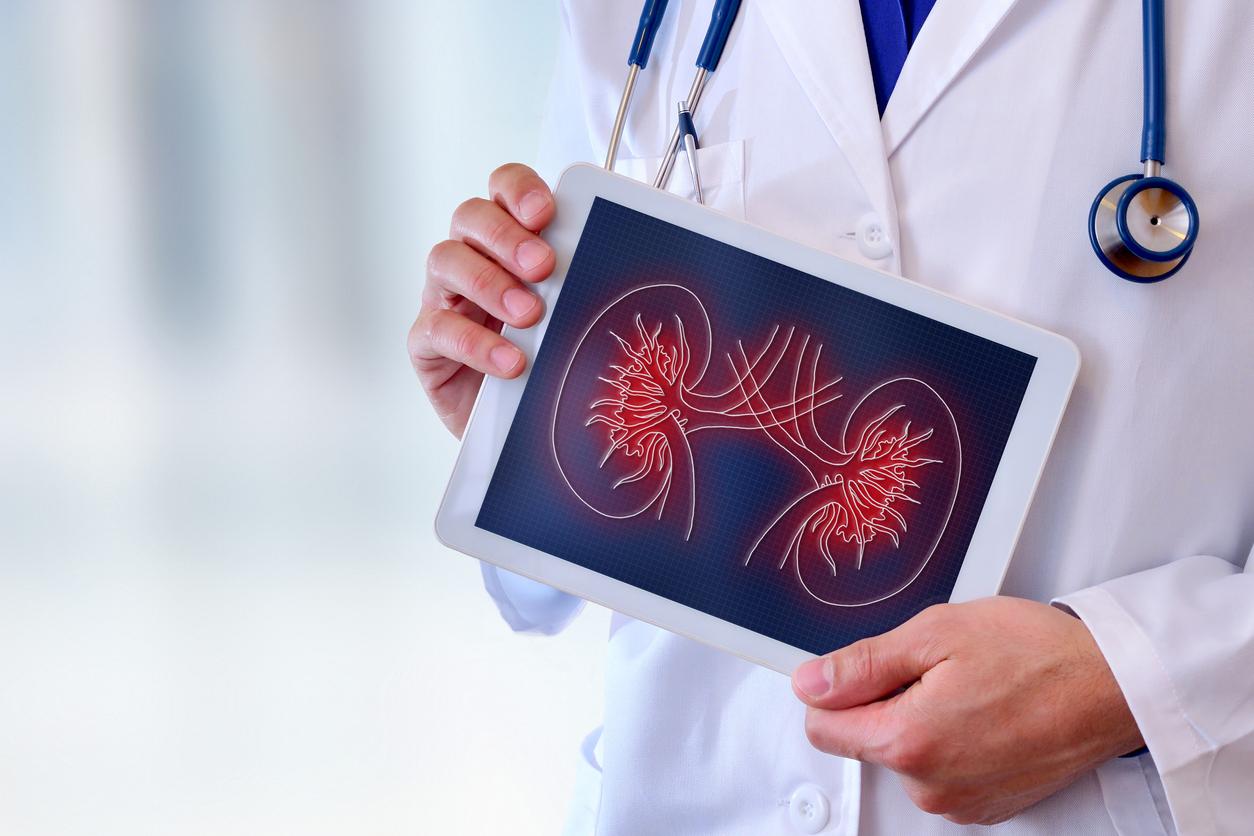
Gynecologist Barbara Havenith speaking
If women suffer a lot from the menopause, hormone therapy can be a solution. But the treatment has been in a bad light for years: it would significantly increase the risk of breast cancer. Reason for many GPs to advise against it. Justly?
One in five women has such severe menopausal symptoms that their daily life suffers considerably. For example, they sleep chronically poorly, have many (violent) hot flashes and palpitations, feel exhausted, lousy and function less well. It is not without reason that more than one in three reports of sick leave (37 percent) of working women between the ages of 44 and 60 is the direct result of menopausal complaints. Hormone therapy can offer a solution; by supplementing the low levels of estrogen and progesterone, the symptoms often disappear completely within a month.
Rather not
Yet most women, even those with serious complaints, do not want to know anything about it. The reason: the potential health risks associated with the treatment, especially the increased risk of breast cancer. In a study about menopause that we did last year, a whopping 72 percent of Plus readers said they would never use hormone pills for that reason.
According to gynecologist Barbara Havenith of the Women’s Outpatient Clinic in Boxmeer, it is a persistent misunderstanding that hormone therapy is dangerous. “Take the chance of breast cancer,” she says. “It only increases if you start hormone therapy after your 50s and do it for more than five years. In the Netherlands, that rarely happens. And even if it does, the increase in risk is still small.”
None the wiser
In the meantime, doctors and researchers worldwide agree that in women under 60 with severe menopausal symptoms, the benefits of hormone therapy outweigh the drawbacks. Nevertheless, the Dutch College of General Practitioners (NHG) still advises against using the therapy for menopausal complaints. And if necessary, then in the lowest possible dose and always for a maximum of six months.
“Women who turn to their GP with menopausal complaints are often left with a mess,” says Havenith. “The menopause is part of it, it is not a disease, it often sounds. Moreover, the risks are also greatly overestimated by many doctors. So women have to learn to live with the nasty consequences.” She finds that outrageous and degrading. “In 2016, it should no longer be the case that they do not receive help just because Dutch doctors think they know better than their international colleagues.”
Less than 5 percent of women in the Netherlands receive hormone therapy at some point for menopausal complaints, less than 1 percent use the drugs for more than a year. The lowest numbers in Europe, according to Havenith. While Dutch women are the frontrunner when it comes to the use of the pill as a contraceptive.
“But the pill is more likely to cause thrombosis than hormone therapy,” concludes Havenith. “The same probably applies to the risk of high blood pressure and cardiovascular disease. The risk of breast cancer is certainly not smaller. However, GPs prescribe it without any problem. Don’t get me wrong, I don’t want to dismiss the possible risks and I think certainly not that all women in the menopause should receive hormone therapy, but I do want patients to be honestly informed about the pros and cons.”
Hormone therapy and breast cancer
The risk of breast cancer increases slightly with long-term use (more than five years) of hormone therapy (with both estrogen and progesterone) after the age of 51. What are the numbers involved? Suppose we follow 1000 50-plus women without hormone therapy for 25 years, then 77 of them will develop breast cancer during that period. If we compare that group with 1000 50-plus women who used hormone therapy for at least five years, 79 cases of breast cancer were found in those 25 years.
Five years after the last treatment, the risk is again the same as if they had not taken any medication. Incidentally, the increased risk of breast cancer says nothing about the chance of dying from the disease; it appears to be the same in both groups of women.
Advantages
- Most menopausal symptoms, such as hot flashes or night sweats, disappear completely within a month.
- The risk of serious bone loss (osteoporosis) is reduced.
Cons
- Bleeding may occur again.
- With prolonged use (more than five years) of hormone therapy (with both estrogen and progesterone) after the age of 51, the risk of breast cancer increases slightly.
- Without hormones, 1 in 10,000 women (0.01 percent) will experience a thrombosis and 1 in 100,000 women (0.001%) with a blood clot (embolism). When using hormone pills, that risk doubles, but the chance of this is still small. In comparison: if women take the pill, the risk of thrombosis is three to five times greater.
- Because women who smoke have a higher risk of thrombosis, hormone therapy is more risky for them.
- If women already have or have had a cardiovascular disease, hormone therapy can increase the risk of vascular damage or heart attacks. However, such problems are most common in women over the age of 60. The risk of cardiovascular disease does not generally increase in women who have taken hormone therapy within ten years of their last menstrual period.
Sources):
- Plus Magazine















